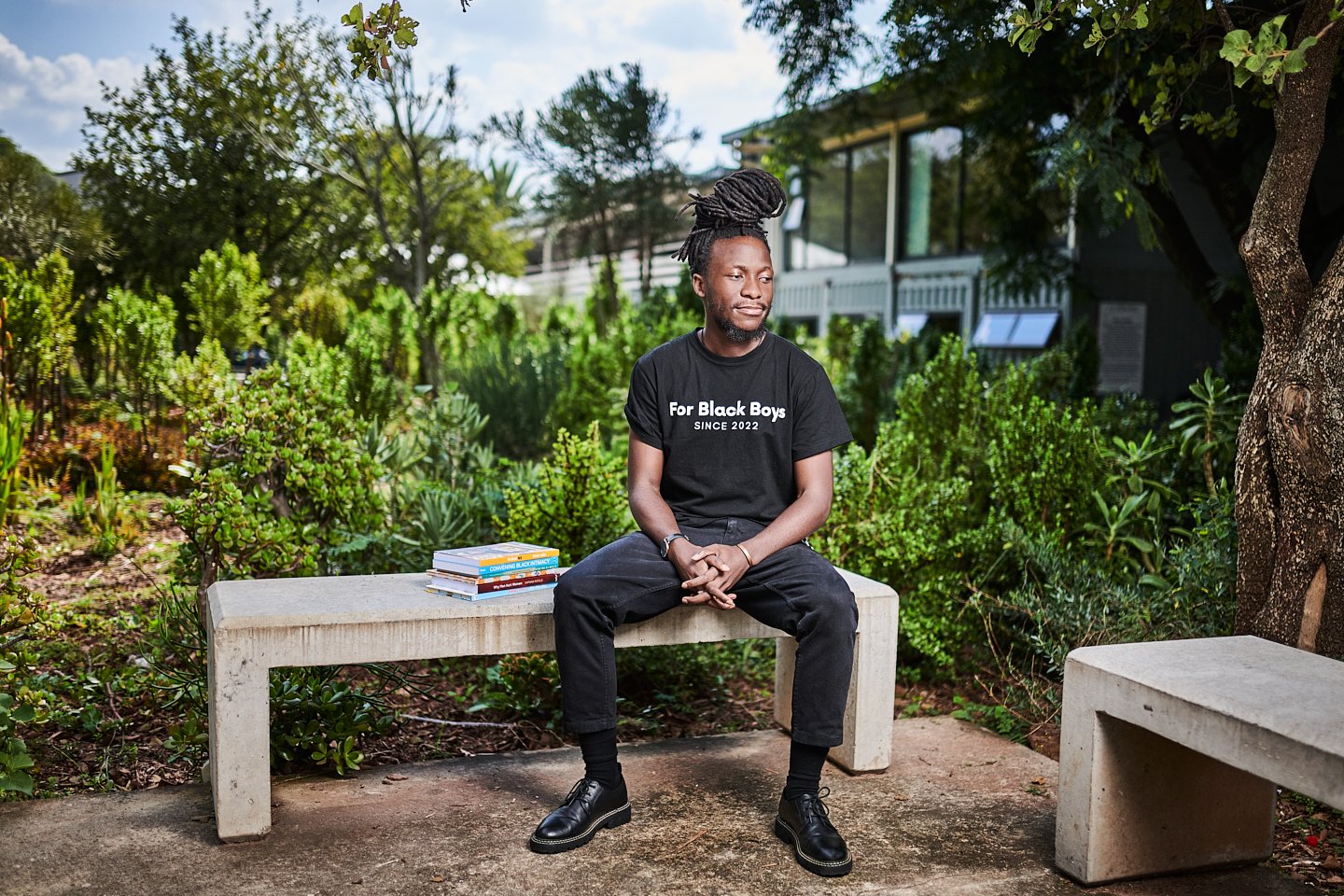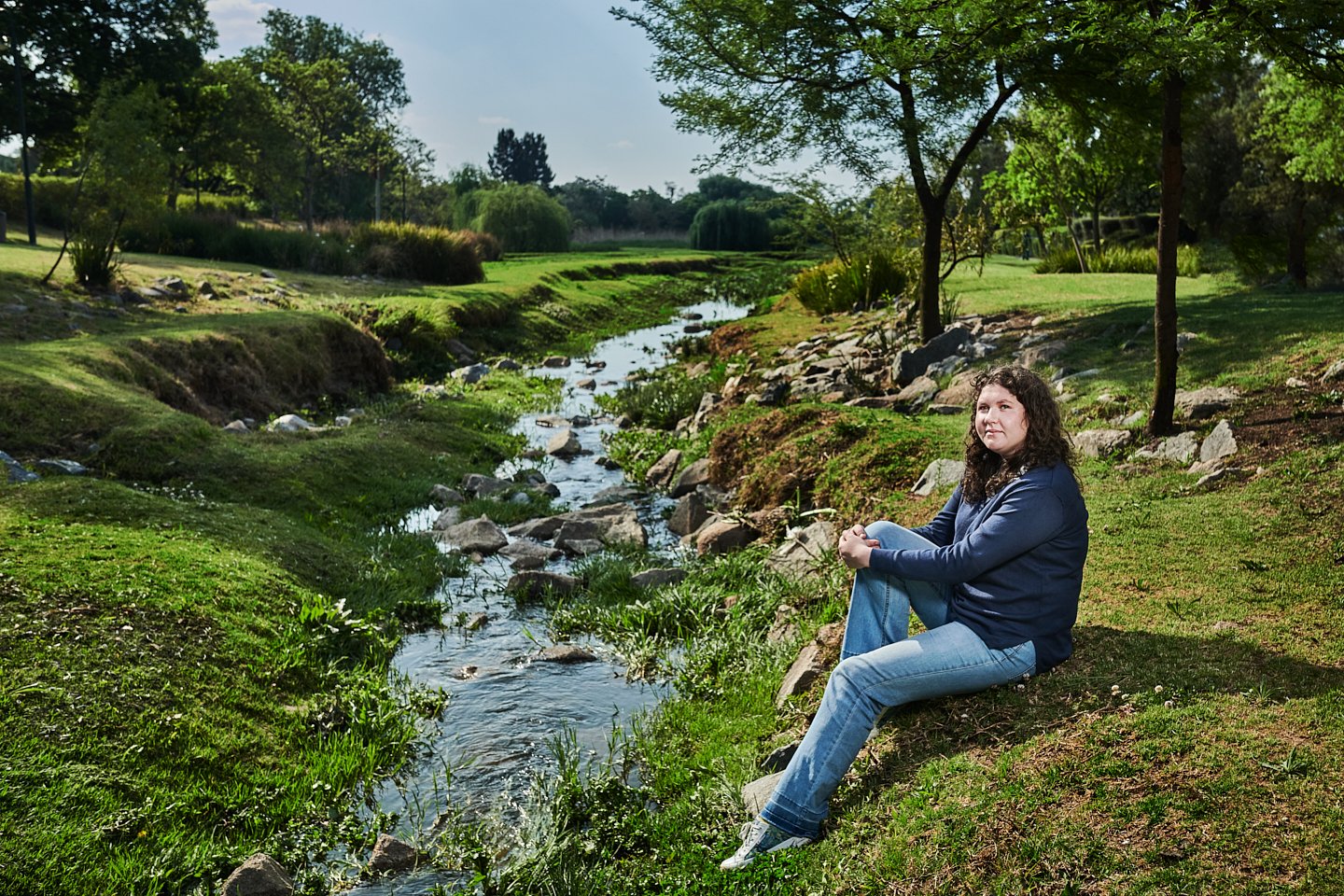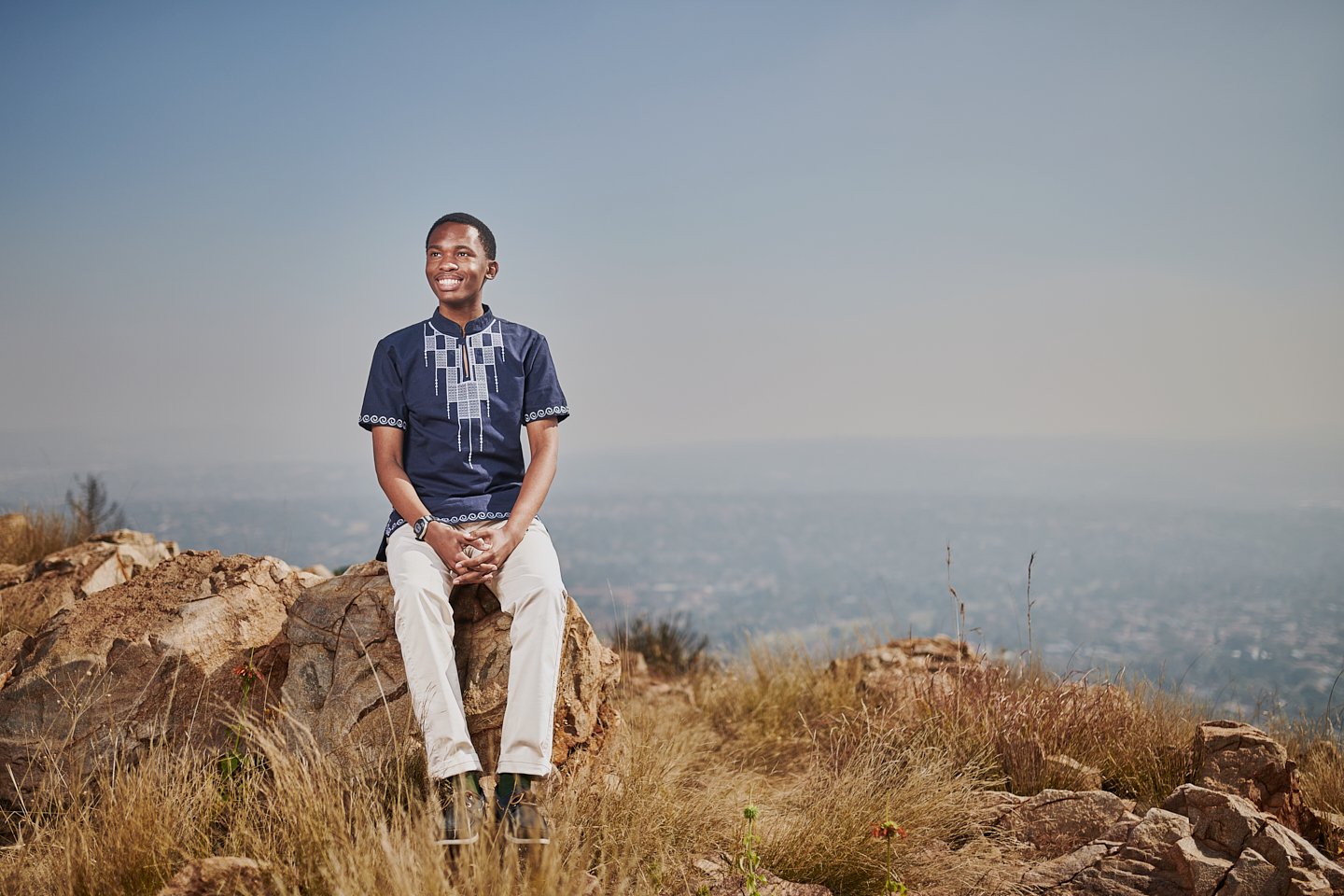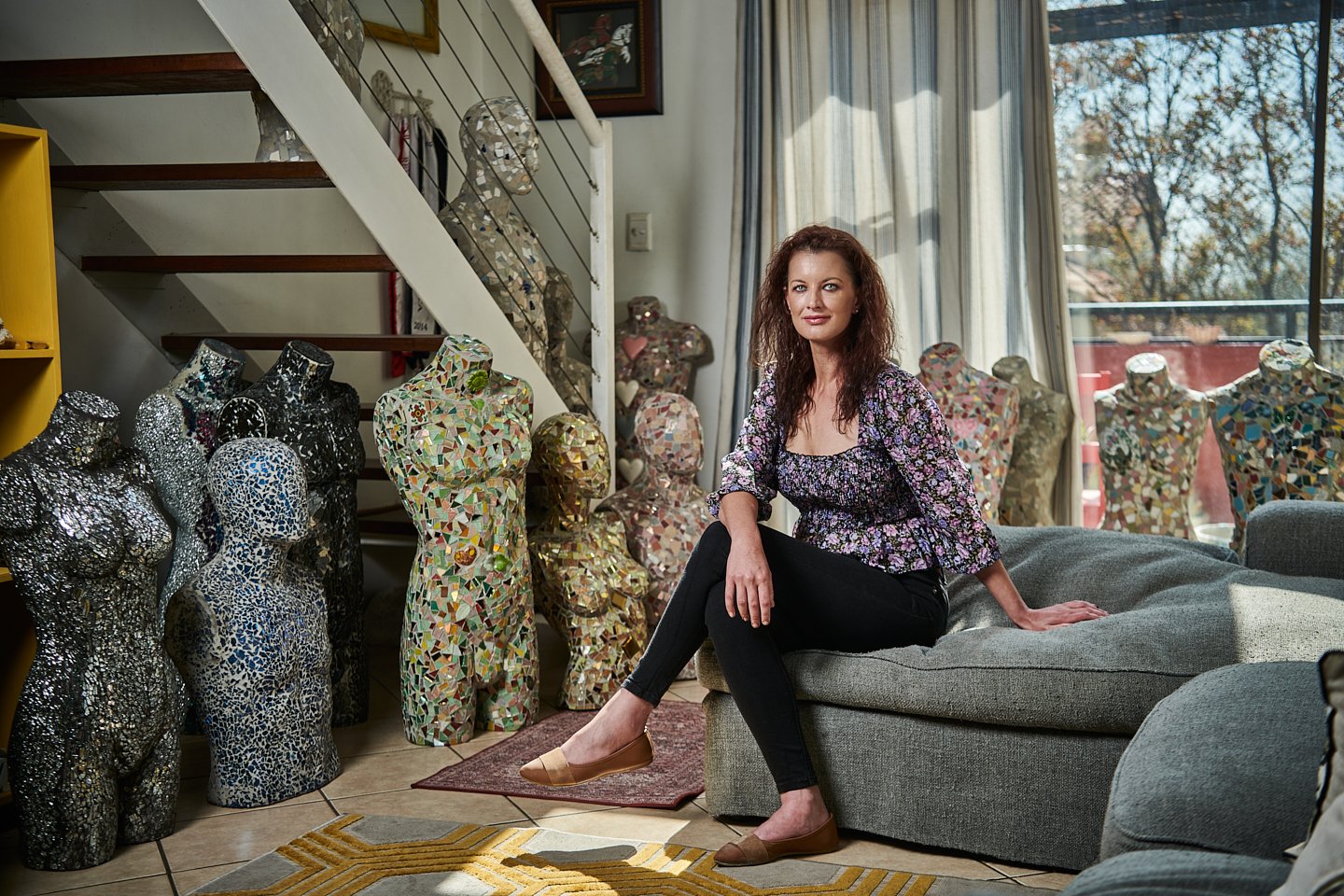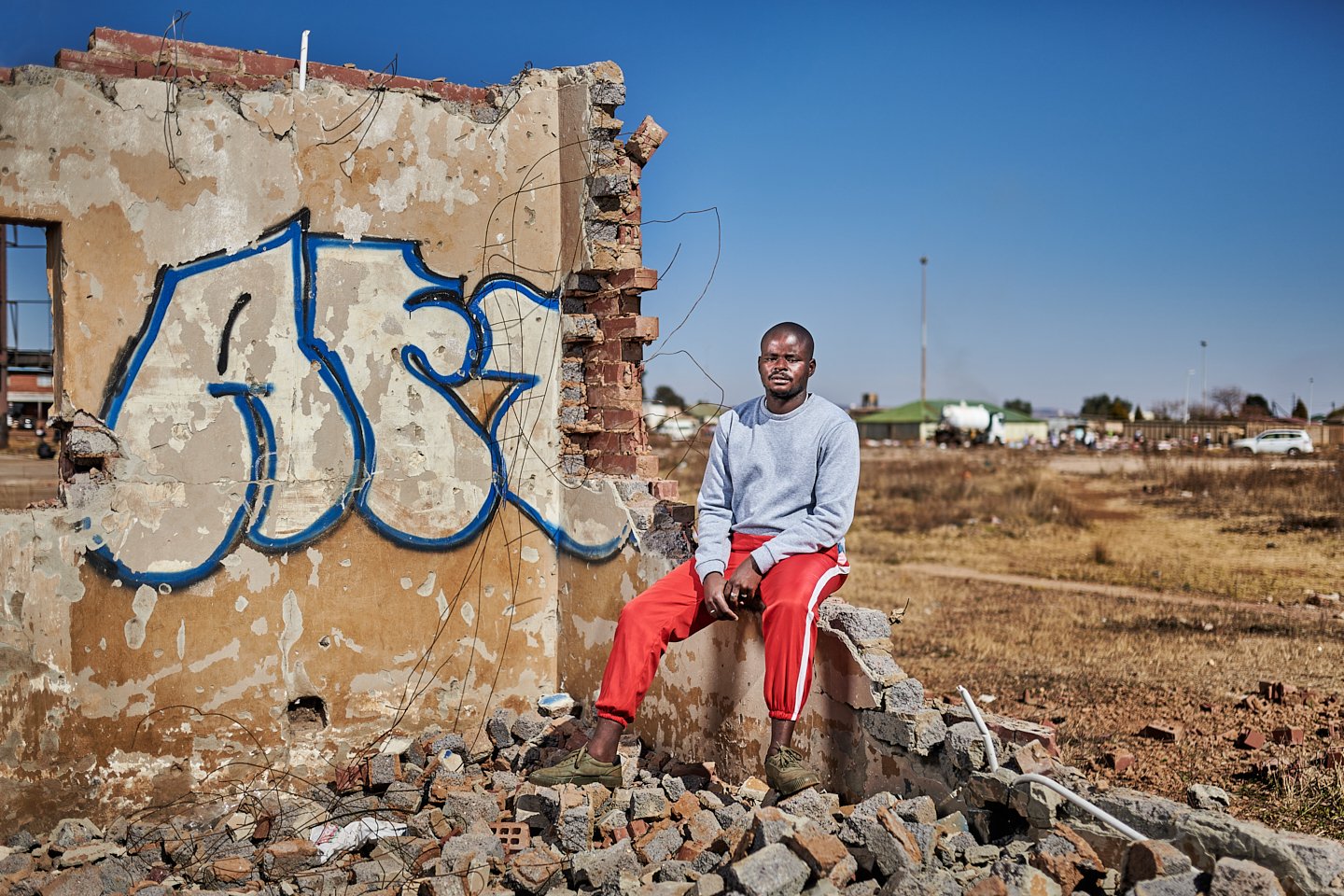Wayne Jean-Pierre
RESTORING FREEDOM BY CLEARING CRIMINAL RECORDS
Wayne Jean-Pierre in Wentworth, KZN © Thom Pierce 2023
Halfway through my interview with Wayne Jean-Pierre, he breaks down in tears. I have just asked him why he has dedicated the last 10 years of his life to helping other people clear their criminal records. His answer is simple and clear. If he knows how to do it, then it is his responsibility to help others who don’t. And ‘it’, navigating the bureaucratic gauntlet that stands in the way of hope and opportunity, is no simple task.
“Our country has over one million people registered on a criminal database, most are poor and vulnerable and will never get assistance because they won't get resources.”
It is a kindness and generosity that not everyone would show, especially towards so many people who he does not know, over such a long period of time. But to understand why it is such an emotional issue for him we need some context...
Wayne Jean-Pierre was born and raised in Wentworth, a coloured community on the outskirts of Durban. The challenges of growing up in apartheid were many, but in a community such as Wentworth, just standing your ground against a police force that was out to vilify you, could get you into serious trouble.
Over the course of the last century, thousands of people have received criminal records for “crimes” under the apartheid laws. Offences that are based on old legislation, archaic race laws and for defending themselves against a system that was constructed to control them.
Of course, there were also legitimate causes for criminal records, but many of them could also be categorised as crimes that were forced onto people out of necessity. Is it a crime to steal food to feed your children when the government will not allow you to work?
“If you look at criminality we have to look at the decolonisation of criminality and those offences.”
In 2010 Wayne had his criminal record cleared. To me, the nature of his crime did not matter. I didn’t ask and he didn’t tell. The very fact that he had cleared his record indicated that it fell into the categories that meant his “freedom” was deemed warranted. A crime is not annulled on a whim or by fluke, there is a complicated and lengthy process of assessment. All the more need for someone like Wayne, who had experienced the system and learned how it works.
Many people who have a criminal record cannot afford a lawyer, many cannot read, and often they do not have access to the technology needed to simply print and scan a form. But almost all of them feel the weight of historic injustice.
“To build up a pardon file can take about three months. As more people start doing it, the process becomes longer and corruption starts to kick in. When police officers are not doing their work, the public pays the price.“
Motivated by the need to assist as many people as possible, Wayne has developed an online platform that helps people to expunge their criminal records. ClearMe is a free and simple tool that takes the user through a step-by-step process. Users are initially helped to assess whether they are eligible to have their records cleared (based on their original sentence or punishment) and, if eligible, they are taken through the paperwork and application process needed to proceed.
“Driven by the injustice. What I have learned, people will get for free. I could be a millionaire over and over, I could easily open files for people and charge them money but at the end of the day, it's not going to reach the people that need the assistance.“
Wayne’s actions raise an important question about our responsibility towards the people around us. If we have the knowledge to help people with something that could change their lives for the better, is it not our imperative, as humans, to do so?
For Wayne the answer is simple. Yes. What’s your answer?



